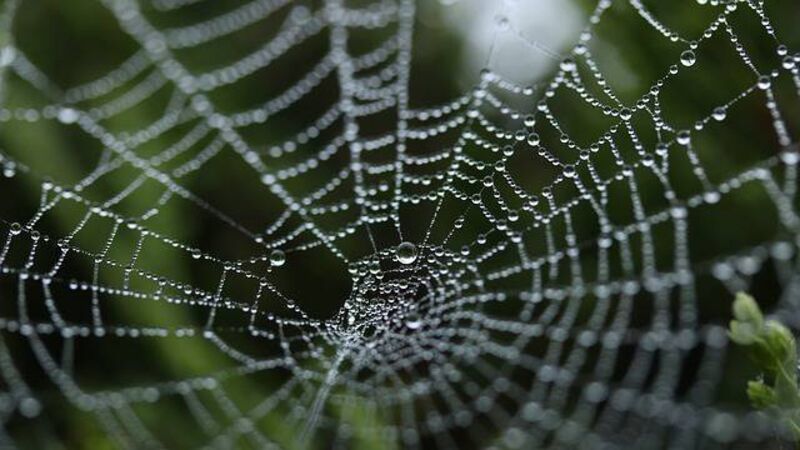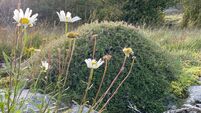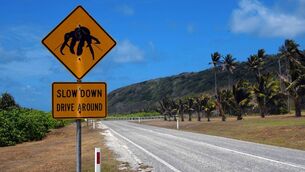On the web: Make friends with spiders if you don't like flies and other insects

Spider web: As the weather gets colder in autumn, spiders tend to go indoors, mainly to breed
Since learning the story, in school long ago, of how a broken Scottish king, Robert The Bruce, was inspired by a spider to go back and win independence from England, I’ve admired the tenacity of this eight-legged creature.
Bruce was in a cave when he saw a spider trying to weave a web. It fell many times, but always climbed back again until it succeeded. The king identified with the spider in his own struggles.







